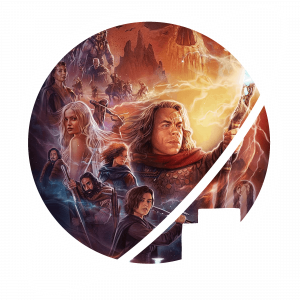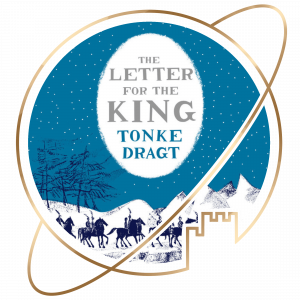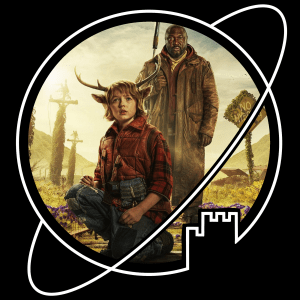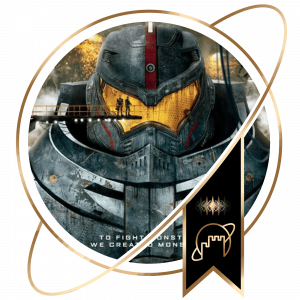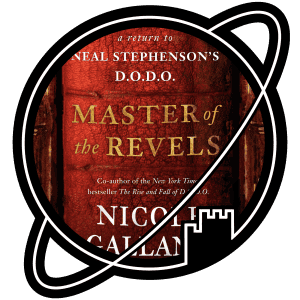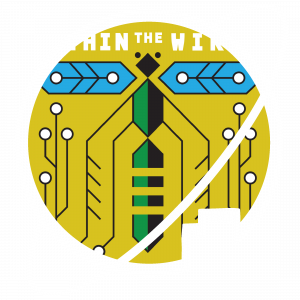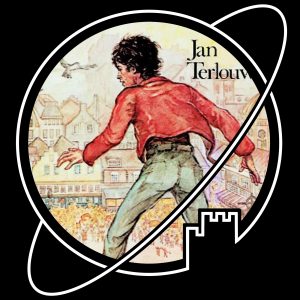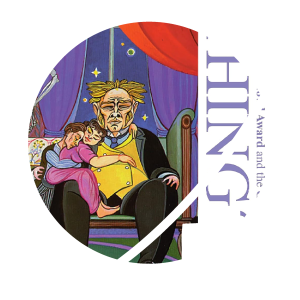- Novel written by Ursula Le Guin
- Published in 1968
- Part 1 of the Earthsea Cycle
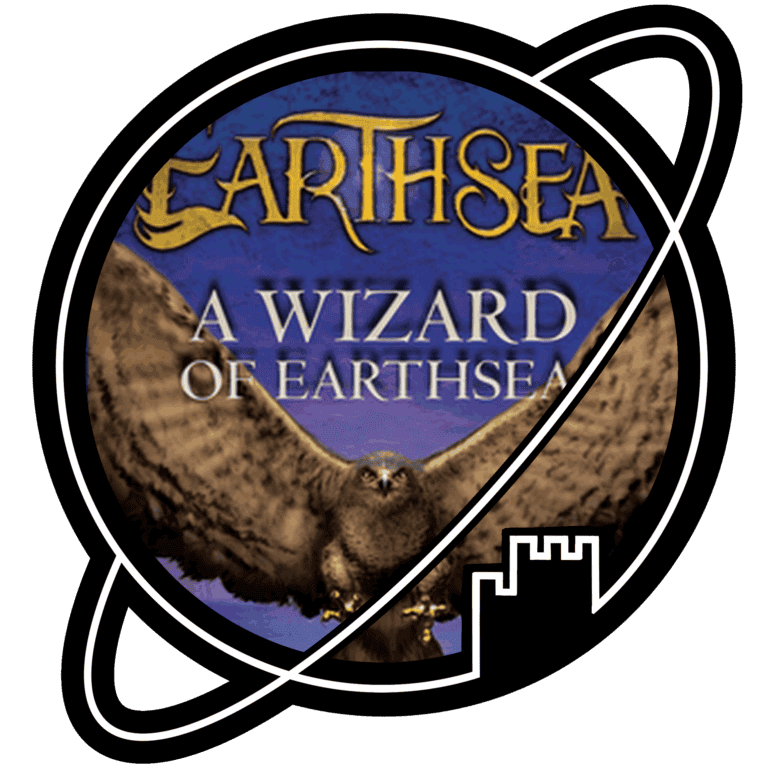

Listened to the audiobook with Rob Inglis – it’s an older production but very well read.
Finally, I finished a Le Guin novel!
Ursula Le Guin has been on my to read-list for a long while. Given the length of that list, even great names such as Le Guin need some patience. Some time ago I tried The Left Hand of Darkness , but the audiobook was so poor and mumbled that I had to quit.
But I finally gave the Earthsea Cycle a shot, and I am glad that I did.
A Wizard of Earthsea is a very traditional fantasy novel, but given that it was published in 1968 and feels intended as an early teenager’s first introduction to Fantasy, I am willing to forgive a lot of the tropes being played straight. One could even argue that some of the tropes – the ‘magic school’ one in particular – originate with A Wizard of Earthsea. Moreover, Le Guin takes more original paths for the next instalments in the Cycle – the first novel being exactly as you would expect is no strike against her.
Le Guin’s prose and style in Earthsea are a joy – she doesn’t generally dwell on any scene or storyline, but moves on quickly. A Wizard of Earthsea moves at the pace of an epic, leaving much to the readers’ imagination. While this means the book has a somewhat more episodic structure, it does mean the pace is very high and the plot progression never slows down.
It is interesting to compare Earthsea to many modern novels, which tend to take a lot more words, both to describe settings, scenes and persons, but especially to get the story going.
I think the comparison favours Earthsea. In Earthsea, Le Guin proves she has the skill to say a lot in few words. She does a remarkable job in the worldbuilding, evoking whole cultures in the space of a few lines.
In that sense, Earthsea is very different from a longer novel like The Left Hand of Darkness, which leaves a lot more room for detailed descriptions and really delving into the imagined societies. I think the difference between those two really showcases Le Guin’s range as an author.
Earthsea is a simple tale and many hardcore fantasy readers may find that it doesn’t quite scratch their itches. But just like one of my favourites, Brief voor de Koning, a novel like A Wizard of Earthsea that is intended for younger readers can be a great, light palate cleaners in between long and heavy stories, even for veteran fantasy fans.







